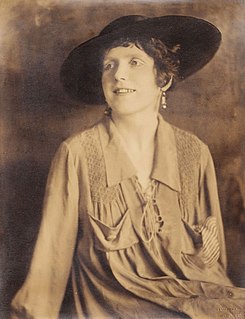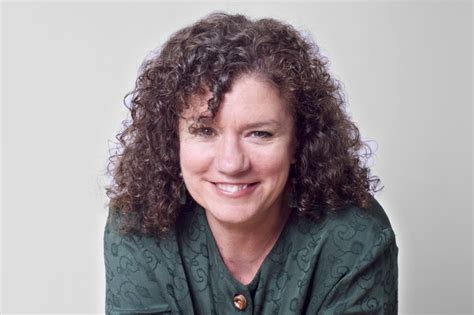A Quote by Hyon Gyon
Sound words can't be understood through formal study of the language alone. They're felt when you immerse yourself in the culture or lifestyle that becomes a part of you. The Japanese language is abundant with onomatopoeia. Even though I've lived in Japan a long time, sound words are still an uncertain territory. And I think new words are being created every day. Even when I don't know a word I can sometimes connect it to a meaning using the sensations produced by the sounds, which feels like I'm playing with words.
Quote Topics
Abundant
Alone
Becomes
Being
Connect
Created
Culture
Day
Even
Every
Every Day
Feels
Felt
Formal
Immerse
Japan
Japanese
Know
Language
Lifestyle
Like
Lived
Long
Long Time
Meaning
New
New Word
New Words
Part
Playing
Produced
Sensations
Sometimes
Sound
Sounds
Still
Study
Territory
Think
Though
Through
Time
Uncertain
Understood
Using
Which
Word
Words
Yourself
Related Quotes
There's a difference between writing, the written word, and music. When you have the blank page it doesn't make a sound, which is like what happens to me every night when I'm playing. There is that crazy moment: the first mark you make on the page. But sound can inspire sound, in a way that words can't inspire words - at least for me. The nature of sound itself is still a huge mystery to me. I'm very happy about that.
Each time I write, each time the authentic words break through, I am changed. The older order that I was collapses and dies. I lose control. I do not know exactly what words will appear on the page. I follow language. I follow the sound of the words, and I am surprised and transformed by what I record.
My wife loves written words ... you know, words that stick to parchment and paper like dead flies, and it seems my father felt the same - but I want to hear words! Remember that when you are looking for the right words: You must ask yourself what they SOUND like! Glowing with passion, dark with sorrow, sweet with love, that's what I want. - Cosimo
I cannot remember a time when I was not enraptured or tortured by words. Always there have been words which, sometimes for their sound alone, sometimes for their sound and sense, I would not use. From a loathing of their grossness or sickliness, their weight or want of weight. Their inexactitude, their feeling of acidity or insipidity. Their action, not only on the intelligence but on the nerves, was instant.
There is something false in this search for a purely feminine writing style. Language, such as it is, is inherited from a masculine society, and it contains many male prejudices. We must rid language of all that. Still, a language is not something created artificially; the proletariat can't use a different language from the bourgeoisie, even if they use it differently, even if from time to time they invent something, technical words or even a kind of worker's slang, which can be very beautiful and very rich. Women can do that as well, enrich their language, clean it up.
I think that a lot of things are hard to read if you're not in the vocabulary flow of that particular discourse. I sometimes forget that even though the words I'm using are fairly ordinary words, the concepts around which they cluster, which are the long concepts of literary tradition, may not be familiar to an audience.
Being a slow reader would normally be a deficiency; I found a way to make it an asset. I began to sound words and see all those qualities - in a way it made words more precious to me. Since so much of what happens in the world between human beings has to do with the inconsideration of language, with the imprecision of language, with language leaving our mouths unmediated, one thing which was sensuous and visceral led to, in the use of language, a moral gesture. It was about trying to use language to both exemplify and articulate what good is.
A definition is nothing else but an explication of the meaning of a word, by words whose meaning is already known. Hence it is evident that every word cannot be defined; for the definition must consist of words; and there could be no definition, if there were not words previously understood without definition.
To demarcate [words in way that changes the meaning] is simply to speak a different language than everyone else. And I do not accept semantic games like that. [...] We need to use words as they are actually used and understood. We can correct errors and inconsistencies and make distinctions. But we can't try to foist an alien language on people.
For language to have meaning, there must be intervals of silence somewhere, to divide word from word and utterance from utterance. He who retires into silence does not necessarily hate language. Perhaps it is love and respect for language which imposes silence upon him. For the mercy of God is not heard in words unless it is heard, both before and after the words are spoken, in silence.
































